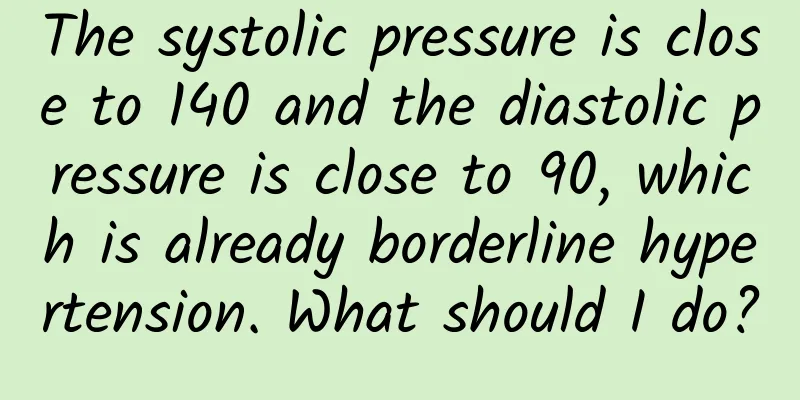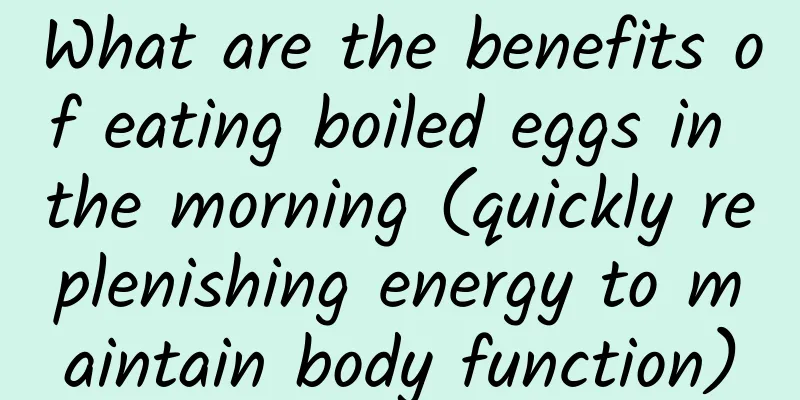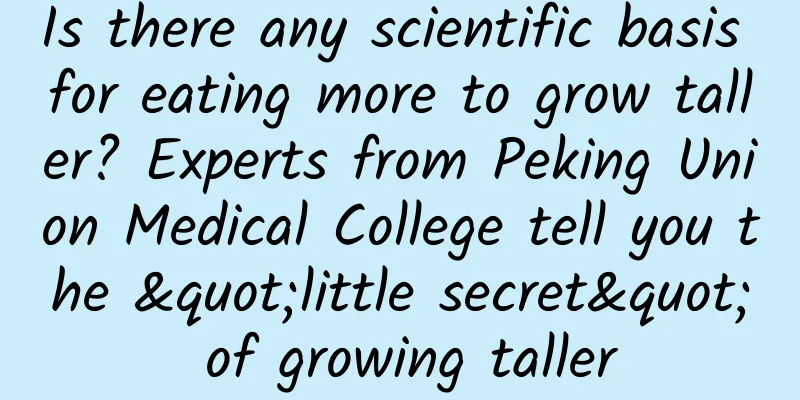The systolic pressure is close to 140 and the diastolic pressure is close to 90, which is already borderline hypertension. What should I do?

|
Huazi met a 33-year-old man whose blood pressure was 138/89 mmHg, which did not reach the diagnostic standard of 140/90 mmHg for hypertension, but was basically "on the line" and in a state of borderline hypertension. He seemed particularly anxious and kept saying that he had hypertension at such a young age, and what should he do in the future? Huazi told him that his current blood pressure could not be diagnosed as hypertension. Although he was in a critical state of hypertension, his blood vessels and organs were not damaged. As long as appropriate measures were taken to control it, the occurrence of hypertension could be delayed or even avoided. Even if he really had hypertension, as long as his blood pressure was well controlled, it would not have any impact on his future life. 1. Critical value of hypertension The diagnostic standard for hypertension in my country is blood pressure greater than or equal to 140/90 mmHg. However, there is a transition range between normal blood pressure and hypertension, which is called critical hypertension, or normal high blood pressure. The range of critical hypertension is that the high pressure is between 130~139 mmHg and the low pressure is between 85~89 mmHg. Borderline hypertension is not true hypertension, and important organs such as the heart, brain, and kidneys are not damaged, so there is no need to worry about it. However, more than 70% of borderline hypertension will eventually develop into true hypertension, so blood pressure should be monitored frequently and prevented, and the same lifestyle interventions as for hypertension should be implemented. 2. What should you do if you have borderline hypertension? 1. Control your weight and body fat: Being overweight is an independent risk factor for high blood pressure. For obese people with abnormal blood pressure, losing weight is the most effective measure to control blood pressure. It should be noted that some people may have a normal weight, but lack exercise and have a high body fat rate, which is also dangerous. Therefore, when controlling weight, you should not only reduce your total calorie intake, but also pay attention to increasing exercise. 2. Keep exercising: Many studies have confirmed that exercise can lower blood pressure. Both moderate-intensity aerobic exercise and anaerobic strength training can help lower blood pressure. However, exercise is a long-term process that requires persistence. You must persist in exercising for at least 30 minutes every day to produce a significant blood pressure-lowering effect. 3. Control the amount of salt: Sodium ions in salt can cause blood vessels to constrict and blood pressure to rise in sensitive people. More than 70% of Chinese people are sensitive to sodium, so limiting the amount of salt they consume every day can lower blood pressure for most people. However, controlling the amount of salt is not the less the better. The best amount of salt is between 3 and 6 grams per day. You can also increase the intake of potassium-containing foods such as vegetables and fruits. Potassium ions can counteract the blood pressure-raising effect of sodium ions. 4. Limit drinking: After alcohol enters the human body, the short-term effect is to dilate blood pressure and lower blood pressure. But the long-term effect is to increase blood pressure, which is an important cause of hypertension. And it has been confirmed that even if you drink less alcohol, it is not good for the body. So try not to drink if you can. If you can't help it, don't consume more than 25 grams of alcohol (the amount of 1 liang of liquor) per day. 5. Quit smoking: Smoking does not cause high blood pressure, and quitting smoking does not lower blood pressure. However, the harmful substances in tobacco are more harmful to blood vessels than high blood pressure. If you still smoke when your blood pressure is high, it is like "adding insult to injury". Therefore, you must quit smoking completely and stay away from the influence of secondhand smoke. 3. What to do if blood pressure continues to rise? Many people with high blood pressure can get good blood pressure-lowering effects after strictly adhering to lifestyle intervention. The most typical patient Huazi has seen is a 40-year-old obese man who smokes every day and doesn't like to exercise. When he didn't take medicine, his blood pressure reached 180/105mmHg. After using 3 antihypertensive drugs, his blood pressure was barely controlled at 140/90mmHg. After he became ill, he decided to lose weight, exercise, and quit smoking. His blood pressure began to drop gradually, and he gradually reduced the dosage of his medication, and eventually stopped taking it completely. After stopping the medication, he has been maintaining a healthy lifestyle, and his blood pressure has remained normal. This shows that a healthy lifestyle has a great impact on blood pressure. But some people's high blood pressure is related to genetic factors, and even through lifestyle intervention, it is still impossible to avoid high blood pressure. For those who are ineffective with lifestyle intervention, they need to take medication in time. Don't be reluctant about taking medicine, thinking that taking medicine for a lifetime is bad for your health. In fact, not taking medicine and allowing blood pressure to rise will cause greater harm to the body. The harm of high blood pressure to the body comes from the high blood pressure itself. As long as the increase in blood pressure can be controlled, the harm of high blood pressure to the body can be avoided. The side effects of current antihypertensive drugs are not serious, and long-term use of drugs will not cause a big burden on the body. With the help of drugs, you can also live a healthy and happy life. To sum up, when you are at the critical hypertension level, lifestyle intervention can help you lower your blood pressure. But if lifestyle intervention is ineffective, you need to use medication under the guidance of a doctor as soon as possible. I hope everyone can prevent, detect and treat hypertension early, and be a "knowledgeable person" about their own health. I am pharmacist Huazi, welcome to follow me and share more health knowledge. |
<<: Do you really understand the wolfberry in the thermos?
Recommend
Don’t lose weight too much! At critical moments, fat can save lives!
Review expert: Peng Guoqiu, deputy chief physicia...
What to do if your skin becomes dark yellow after giving birth
There are many female friends whose skin becomes ...
Why is my period not over after ten days?
Irregular menstruation is a problem that many wom...
What's the matter with blood in vaginal discharge?
Leucorrhea is a physiological phenomenon unique t...
You don’t need a major blood transfusion to regain your youth, just add some water to the blood?
Studies have found that thinning the blood can re...
How long after giving birth can you get a haircut? Time wisely
After giving birth, women probably haven’t taken ...
Why can't I get pregnant even though I ovulate?
Many women find it strange that they cannot get p...
Can't stop coughing? Beware of upper airway cough syndrome caused by rhinitis!
In the past six months, Haohao, a neighbor's ...
Why do breasts get bigger when you are in love?
When a girl is 16-18 years old, her second symbol...
How to treat bacterial vaginitis
Bacterial vaginitis is a type of female vaginitis...
Causes of delayed menstruation
Menstruation occurs every month, so women need to...
What are the symptoms of estrogen deficiency in women?
The secretion of sex hormones is an important phy...
Will I get pregnant if I have sex the day after my period?
Menstruation refers to regular vaginal bleeding i...
Can I take a hot spring bath when I am preparing for pregnancy?
Some people like to soak in hot springs, especial...









